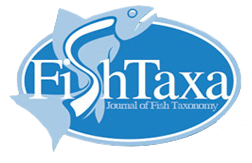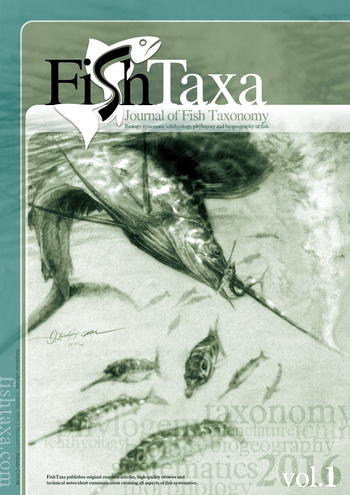Database Development for Global Fish Biodiversity Records: Applications in Research and Conservation
Ahmadou Alim, Meke Soung Pierre Environmental biology Option, Department of Environmental and Applied Biology, Imo state University, Owerri, Nigeria.
Abstract
Fish biodiversity on a global scale is crucial for both the sustainability of aquatic ecosystems and human lives. The creation and use of an extensive database for worldwide fish biodiversity records are examined in this article, with an emphasis on its importance for both research and conservation initiatives. The database is used as a clearinghouse for data on fish species' taxonomy, range, population trends, and environmental factors. Its many uses include everything from habitat mapping and species identification to early warning systems for new dangers. The database also promotes research cooperation, provides information for management and policy choices, and aids in outreach and education programmers. This research stresses the value of stakeholder cooperation in creating and maintaining such a database to solve the urgent conservation issues facing the aquatic ecosystems on our world. Fish are more than simply aquatic residents; they are essential parts of ecosystems, brokers of equilibrium, and gauges of the health of the environment. They influence the dynamics of the ecosystems they inhabit by acting as predators, prey, and competitors. They provide food and a means of living for millions of people worldwide. They reveal the mysteries of evolution, behaviour, and adaption as research subjects. They serve as forerunners of change by indicating changes in our natural environment, particularly in reaction to the effects of climate change and human activity.

